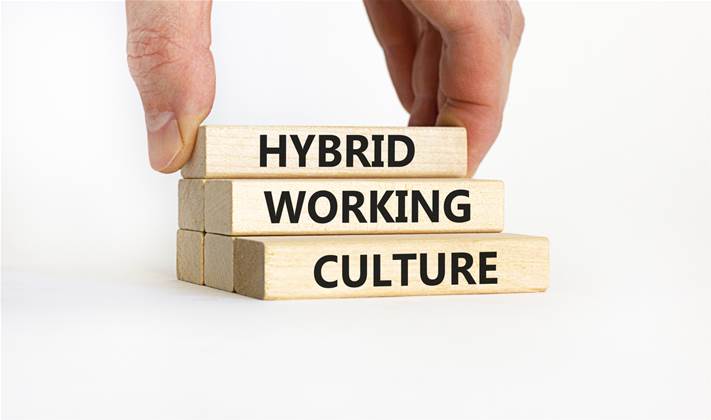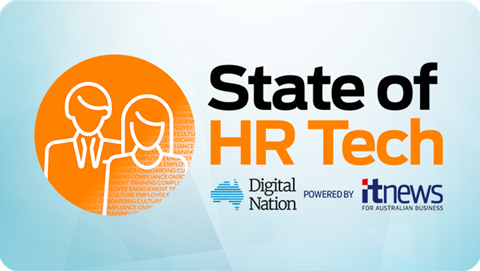New research from Gartner reveals that three quarters (76 percent) of HR leaders believe that hybrid work challenges is challenging connection and culture in the workplace.
Despite 40 percent of leaders increasing their culture budgets since the pandemic hit, the survey reveals that 24 percent of hybrid and remote knowledge workers are feeling connected to the organisation.
“Hybrid and remote work hasn’t necessarily changed our culture, it’s changed the way we experience culture,” said Alexia Cambon, director in the Gartner HR practice.
“While employers used to be able to frame their cultural values and hang them on the walls for employees to see, this no longer works today when hybrid and remote knowledge workers spend 65 percent less time in offices than before the pandemic.”
Culture overwhelmingly is still considered important by employees with 76 percent saying it is either ‘very’ or ‘extremely’ important to their success at work. But the way that employees experience and shape workplace culture has definitively changed.
While pre-pandemic, workplace culture was defined by an office environment, where interactions existed both directly and indirectly, the research suggests that employees are struggling with a lack of connectedness.
“Historically, senior leaders have intentionally invested in driving culture alignment, but have primarily relied on culture connectedness to occur through ‘osmosis:’ relying on time in offices, in-person and at a macroscale to make employees feel connected to culture,” said Cambon.
“Employees at all levels, and across demographics, are suffering from a connectedness crisis, which suggests this problem isn’t just related to hybrid and remote work, but to organizations’ lack of intentionality in driving connectedness historically.”
In order to respond to this crisis, Gartner suggests that to drive cultural connectedness, employees must be empowered to connect through the work itself rather than the office building.
Emotional proximity is now the priority, as rather than physical proximity, and the connectedness that employees do feel will likely be driven by the smaller, more immediate relationships.
According to Gartner, “The organisations that succeed at connecting employees to their culture can increase employee performance by up to 37 percent and retention by up to 36 percent.




_(28).jpg&h=140&w=231&c=1&s=0)
_(33).jpg&h=140&w=231&c=1&s=0)






 iTnews Executive Retreat - Security Leaders Edition
iTnews Executive Retreat - Security Leaders Edition
 iTnews Benchmark Awards 2026
iTnews Benchmark Awards 2026
 iTnews Cloud Covered Breakfast Summit
iTnews Cloud Covered Breakfast Summit
 The 2026 iAwards
The 2026 iAwards











_(1).jpg&h=140&w=231&c=1&s=0)



